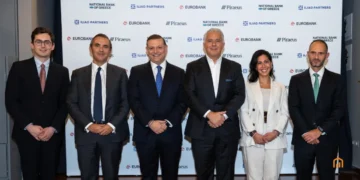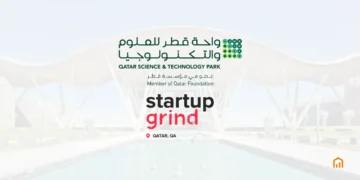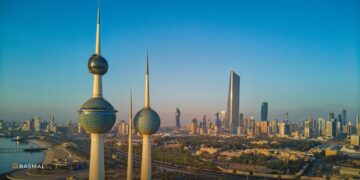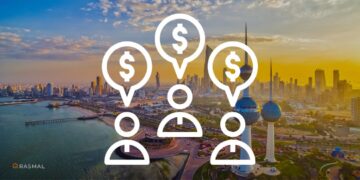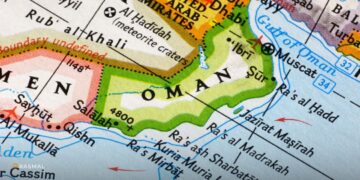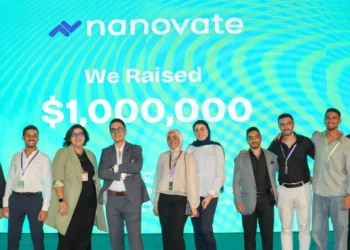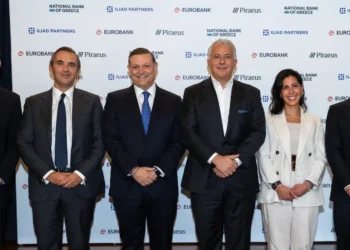- Islamic banks in the GCC are expected to maintain strong profitability over the next 12-18 months due to regional economic growth.
- Non-oil economic growth, especially in Saudi Arabia, will continue to drive banking activity, supported by government diversification efforts and stable oil prices.
- The demand for Shariah-compliant products will increase, though consolidation in the sector may occur to enhance revenue and reduce costs.
- Net profit margins of GCC Islamic banks are likely to remain stable despite potential US Federal Reserve policy changes, thanks to their fixed-rate retail financing focus.
Islamic banks in the Gulf Cooperation Council (GCC) region are expected to maintain strong profitability over the next 12 to 18 months, according to Moody’s. This outlook is fueled by the region’s economic growth and the resilience of the non-oil sector, which plays a crucial role in the banking industry. With most lending activities happening in the non-oil economy, the continued focus on economic diversification by GCC governments supports robust growth.
Also Read: 20 Best Banks in Saudi Arabia for Your Financial Needs
In particular, Saudi Arabia is expected to see significant non-oil economic growth through 2025. This is due to the stability of oil prices, ongoing government initiatives to diversify the economy, and strong business confidence. These factors contribute to creating a favorable environment for Islamic banking.
The demand for Shariah-compliant financial products is projected to increase, further strengthening the sector. However, to remain competitive, Islamic banks are likely to consolidate. This move aims to improve revenue generation while reducing operational costs, making the sector more efficient.
Moreover, GCC Islamic banks are well-positioned to withstand any potential loosening of monetary policy by the US Federal Reserve. With a focus on fixed-rate retail financing, these banks can maintain their profit margins. This gives them a net profit margin advantage over conventional banks, with return on assets expected to remain higher.
Moody’s outlook underscores the strong foundation of Islamic banks in the GCC, as they benefit from both regional economic conditions and the growing demand for Islamic financial products.
Follow us on Instagram, LinkedIn, and Twitter for startup & business news and inspiring stories of MENA businesses, entrepreneurs, startups, innovators, investors, and change-makers.
To report any issue or error in the story, please email us editor [at] rasmal [dot] com.
Last Updated on September 13, 2024 by Safiya K



